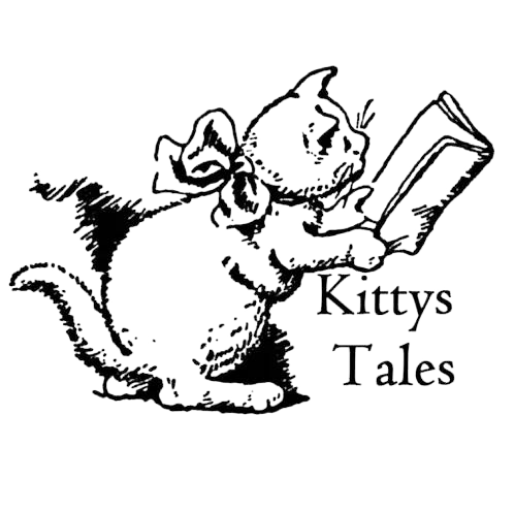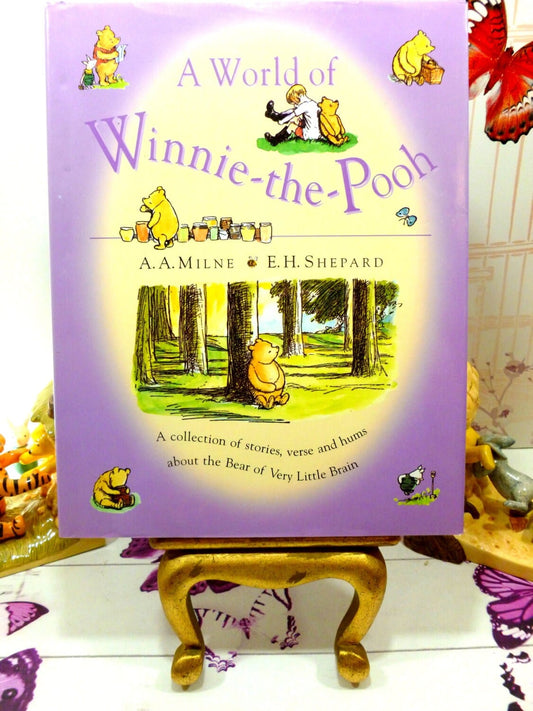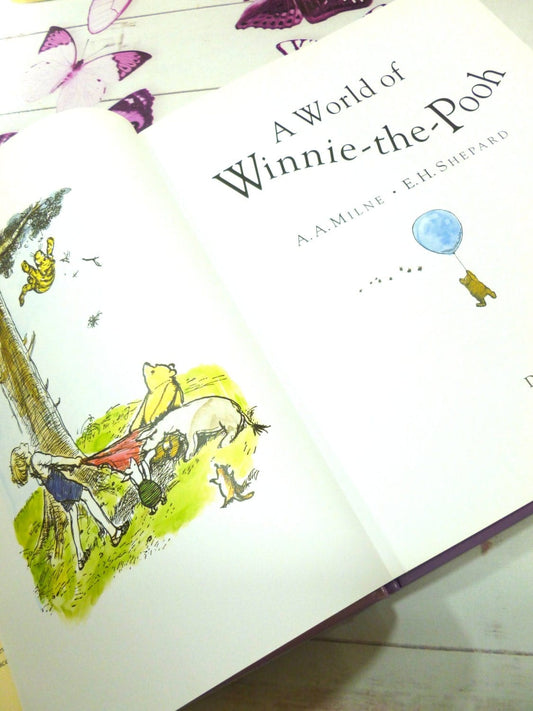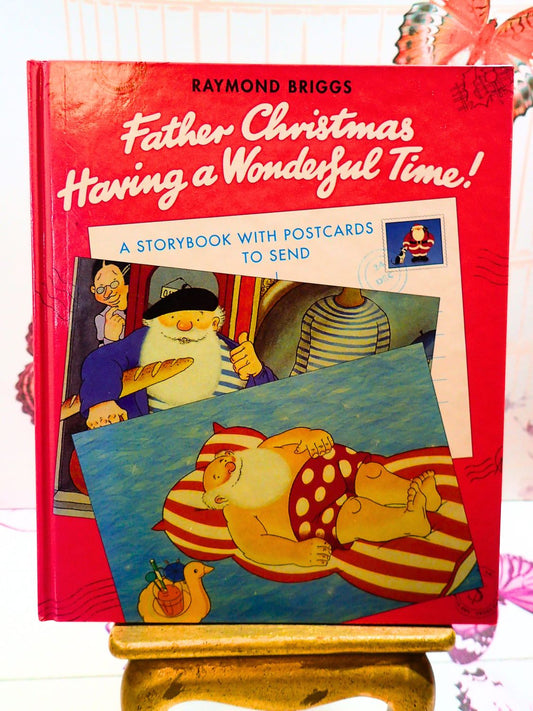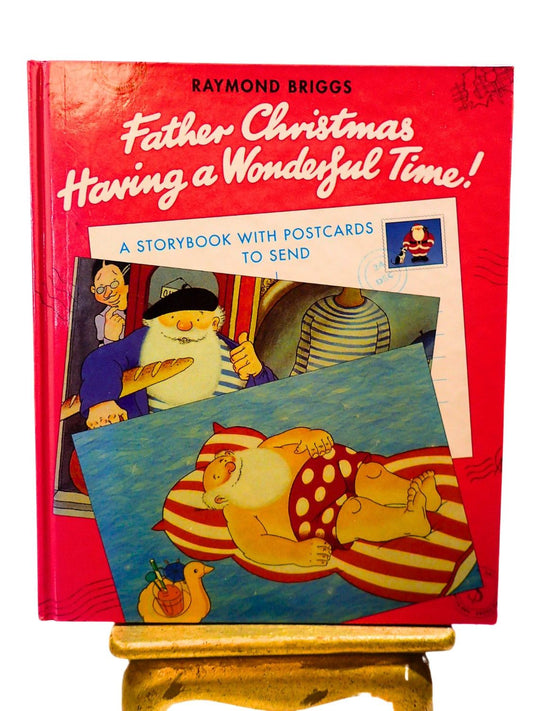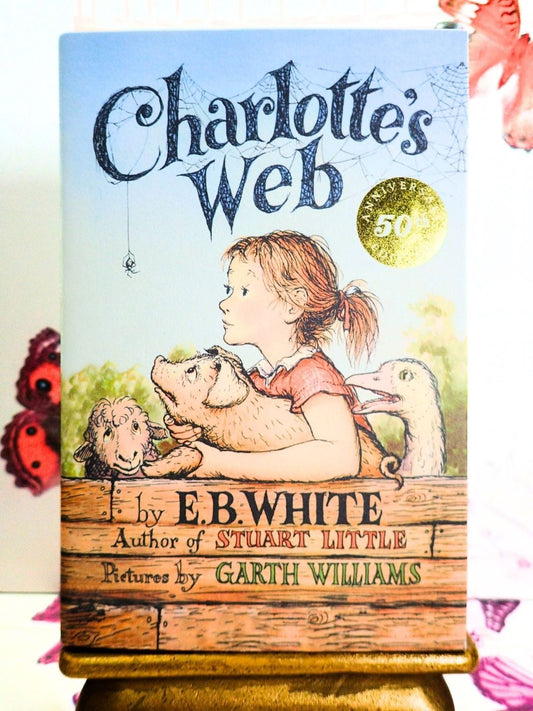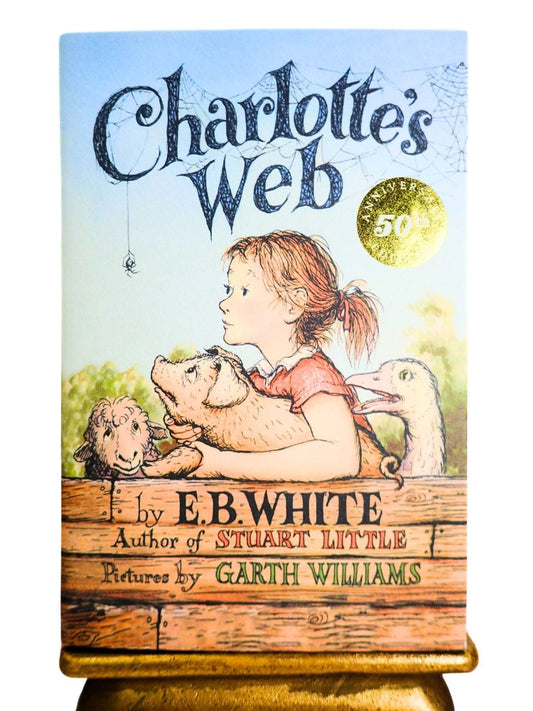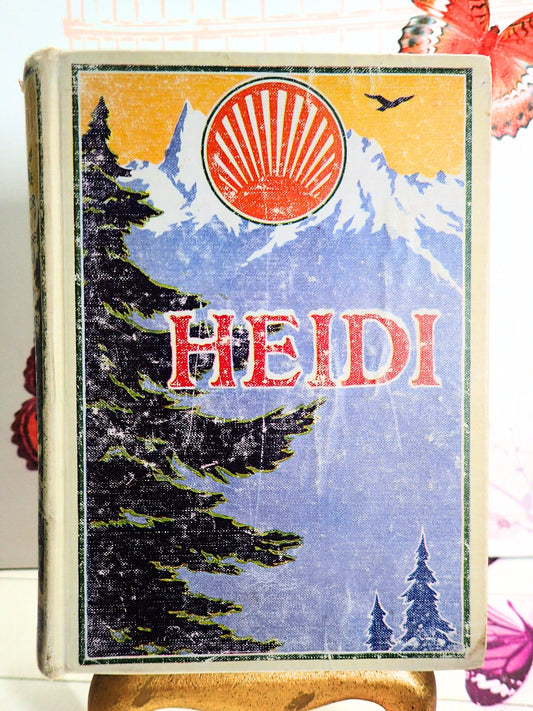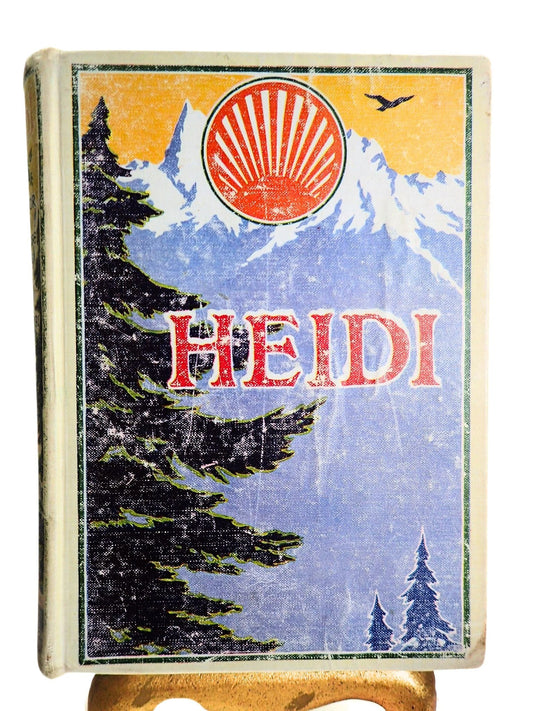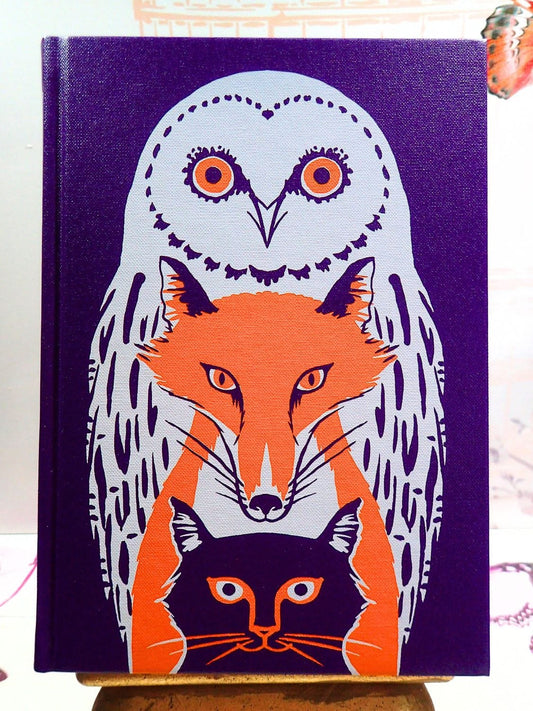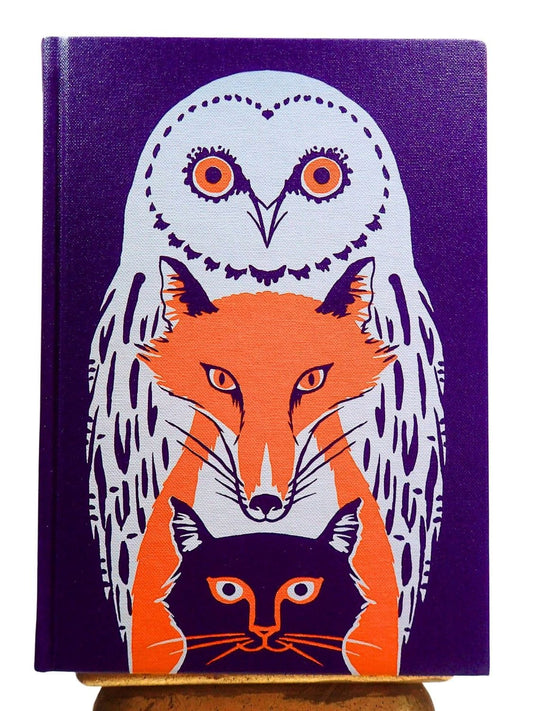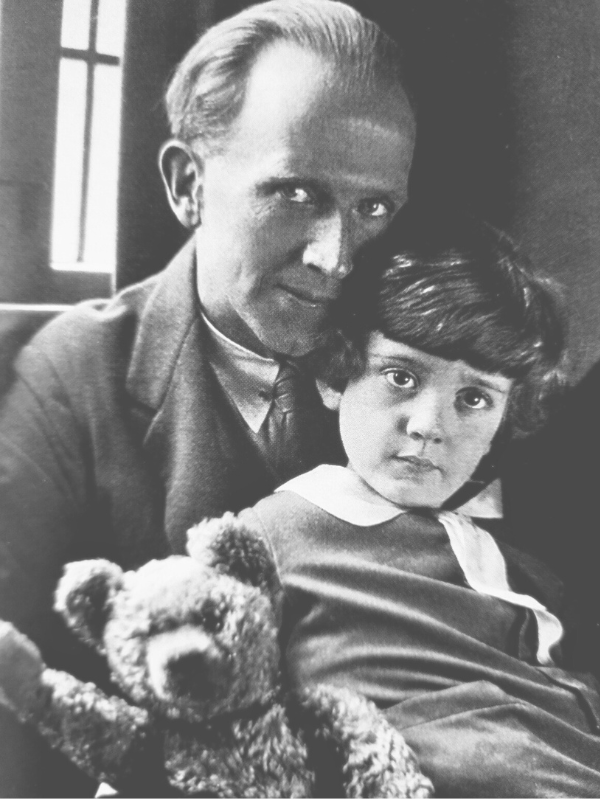
A A Milne
"My mother and I were in the drawing room at Cotchford. The door opened and my father came in. 'Have you finished it?' 'I have.' 'May we hear it?' My father settled himself in his chair. 'Well,' he said, 'we've had a story about the snow, and one about the rain, and one about the mist. So I thought we ought to have one about the wind. And here it is. It's called: 'In Which Piglet Does a Very Grand Thing.' 'Halfway between Pooh's house and Piglet's house was a Thoughtful Spot...' My mother and I, side by side on the sofa, settled ourselves comfortably, happily, excitedly, to listen."
Christopher Milne, The Enchanted Places, 1974
Alan Alexander Milne, Born on January 18, 1882, in London, England, best known as A.A. Milne, is one of our most iconic British authors. With his creation of the very much loved 'Bear of little brain', Winnie The Pooh, he created one of children's literature's most enduring characters. Milne's creative imagination and literary talent brought to life not only Winnie the Pooh but a beloved collection of whimsical characters that have amused and enchanted generations of readers.
Milne's early life was influenced by his father, John Vine Milne, who was the headmaster of a small private school. He was an intelligent child who won a scholarship to Westminster school when he was 11 years old. Growing up in a stimulating academic environment, young Alan developed a love for storytelling and imaginative play...
Collapsible content
Read More
...Milne's work as a playwright and children's author was influenced by his early exposure to education.
Milne's educational journey led to Trinity College, Cambridge, where he studied mathematics. However, his passion for writing took precedence over his academic pursuits, and he became actively involved in various literary and humorous publications. His witty and insightful contributions to Punch magazine gained him recognition and established him as a talented writer and also introduced him to E.H. Shepard the talented illustrator who brought to life Pooh Bear and all his friends with his charming illustrations of Milne's books.
In 1913, claiming the reason that: 'She laughed at my jokes' Milne married Dorothy "Daphne" de Sélincourt. When war broke out his wife encouraged him to write a play for his regiment to try and escape the horror of war. This play seemed better suited to being a children's book and was published in 1917 as 'Once Upon a Time'. The couple welcomed their son, Christopher Robin Milne, in 1920. The comforting nursery world of Christopher Robin, his bond with his nanny and his soft toys would become the inspiration for some of Milne's most iconic characters. Milne's deep bond with his son and their shared adventures in the Hundred Acre Wood would shape the course of his writing career. One of Milne's most famous poems 'Vespers', was inspired by watching Christopher Robin's bowed head whilst being taught to say his prayers by his nanny.
Milne joked with his wife that she could keep any money this sweet poem brought in and she sent it off to 'Vanity Fair' in New York who paid $50 to publish it in January 1923. Later in life he joked it was one of the most expensive presents he had given! In 1924 his collection of poems, 'When We Were Very Young', illustrated by Ernest H. Shepard, the friend of Milne's from 'Punch', was published to much success.
It was in 1926 that Milne introduced the world to the enchanting world of Winnie-the-Pooh based upon the the adventures of Christopher Robin, his toys and their amusements around the countryside near their home of Crotchford Farm, East Sussex.
The lovable bear Winnie the Pooh, and his friends, including Piglet, Tigger, Eeyore, and Rabbit, captured the hearts of readers of all ages. Milne's stories, set in the idyllic Hundred Acre Wood, offered a gentle and whimsical portrayal of childhood innocence, the childish ability to create fun, and the endearing joys of friendship.
Milne's storytelling prowess was further enhanced by the captivating illustrations of E.H. Shepard, which brought the characters to life with their distinctive charm. The Winnie-the-Pooh books, including "Winnie-the-Pooh" (1926) and "The House at Pooh Corner" (1928), became instant classics, cherished by both children and adults alike.
The phenomenal success of Winnie-the-Pooh propelled Milne into literary stardom, but it also created a complicated relationship between the author and his son, Christopher Robin. As the real-life inspiration behind the character of Christopher Robin, the young boy faced public attention and intrusion into his personal life. This strained the father-son relationship, as Milne's works overshadowed Christopher Robin's own identity. Nevertheless, the stories and characters remained beloved by readers worldwide and Winnie the Pooh has become an icon of early childhood, from nursery decoration and toys to the very first bedtime story told, generations of children have grown up with the sweet philosophy of this grounded little character who can always bring a smile of joy to a child when they hear of his escapades.
Despite being primarily known for his children's literature, Milne also explored various other genres. He wrote several plays, including the successful "Toad of Toad Hall" (1929), an adaptation of Kenneth Grahame's "The Wind in the Willows." However, Milne's enduring legacy and lasting impact lie in his enchanting children's stories, which continue to capture the imagination of young readers.
A.A. Milne's significance to children's literature goes beyond the creation of beloved characters. His stories celebrated the simplicity and wonder of childhood, encouraging readers to embrace imagination and find joy in the small moments of life. Even the amusingly pessimistic character Eeyore had his own philosophical way of making do with his lot in life, with or without a tail, thereby teaching a valuable lesson. Milne's works emphasized the power of friendship, kindness, and the importance of nature, resonating with readers of all generations. When Winnie gets stuck in the rabbit hole because he ate too much honey, all his friends rally round to help, just the way friendship should be.
Still today Milne's books are loved all over the world, translated into numerous languages and adapted into various media, including films, television series, and stage productions. The endearing characters he created, particularly Winnie-the-Pooh, have become cultural icons, symbolizing the innocence and purity of childhood.
A.A. Milne passed away on January 31, 1956, leaving behind a rich literary legacy and characters so very much loved that they have become part of history. He continues to inspire and captivate readers of all ages and his books remain timeless classics, cherished for their endearing characters, heartfelt storytelling, and enduring messages of love and friendship. Through his lovable bear character Winnie the Pooh, A.A. Milne will always hold a special place in the hearts of children and adults alike, reminding us of the timeless magic found within the pages of a book.
Books by this Author
A.A. Milne, was a prolific author who wrote across various genres:
Children's Books:
● "When We Were Very Young" (1924) - A collection of poetry for children.
● "Winnie-the-Pooh" (1926) - The first book featuring the lovable bear and his friends.
● "The House at Pooh Corner" (1928) - A sequel to "Winnie-the-Pooh," continuing the adventures of Pooh and his friends.
● "Now We Are Six" (1927) - Another collection of poetry for children, following the success of "When We Were Very Young."
Novels:
● "Mr. Pim Passes By" (1921) - A comedy play adapted into a novel.
● "The Red House Mystery" (1922) - A detective novel, the only mystery novel written by Milne.
Plays:
● "Wurzel-Flummery" (1917) - A musical comedy play.
● "Belinda" (1918) - A romantic comedy play.
● "The Lucky One" (1922) - A comedy play.
● "The Dover Road" (1922) - A comedy play.
● "To Have the Honour" (1924) - A comedy play.
● "Michael and Mary" (1930) - A comedy play.
● "Miss Elizabeth Bennet" (1936) - A comedy play.
● "Sarah Simple" (1937) - A comedy play.
Non-fiction:
● "Peace with Honour" (1934) - A collection of essays on pacifism.
Poems and Poetry Collections:
● "Lovers in London and Other Poems" (1905) - Milne's first collection of poetry.
● "The Sunny Side" (1921) - A collection of poems for adults.
-
A World of Winnie the Pooh Vintage Hardback Childrens Book Lots of Pooh Bear Stories
Vendor:Kittys TalesRegular price $30.00 USDRegular priceUnit price / per
Shop more of our Best Loved Vintage Books:
-
Father Christmas Having a Wonderful Time Raymond Briggs First Edition Vintage Children's Book
Vendor:Kittys TalesRegular price $67.00 USDRegular priceUnit price / per -
Charlotte's Web E.B.White Classic Vintage Children's Book 50th Anniversary Edition Puffin Hardback
Vendor:Kittys TalesRegular price $18.00 USDRegular priceUnit price / per -
Heidi Johanna Spyri A tale for Children Dutton New York 1930 Beautiful Vintage Book
Vendor:Kittys TalesRegular price $67.00 USDRegular priceUnit price / per -
The Midnight Folk John Masefield Vintage Children's Book Folio Edition First Thus Slipcase
Vendor:Kittys TalesRegular price $95.00 USDRegular priceUnit price / per
Browse our Collections of Favourite Vintage Books :
-
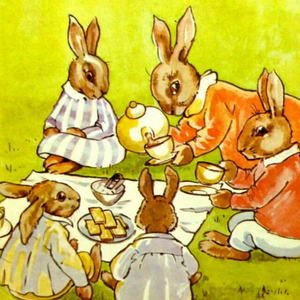
Vintage Children's Books
Why buy "Vintage Children's books" from Kittys Tales? We stock all sorts...
-
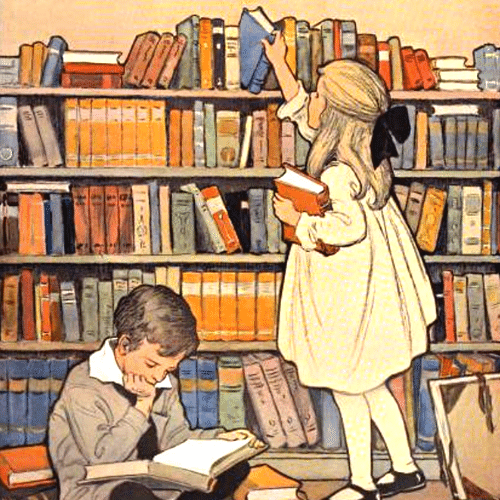
Kittys Tales Favourites
Why browse Kittys Tales Favourites? We always pick the best vintage children's...
-
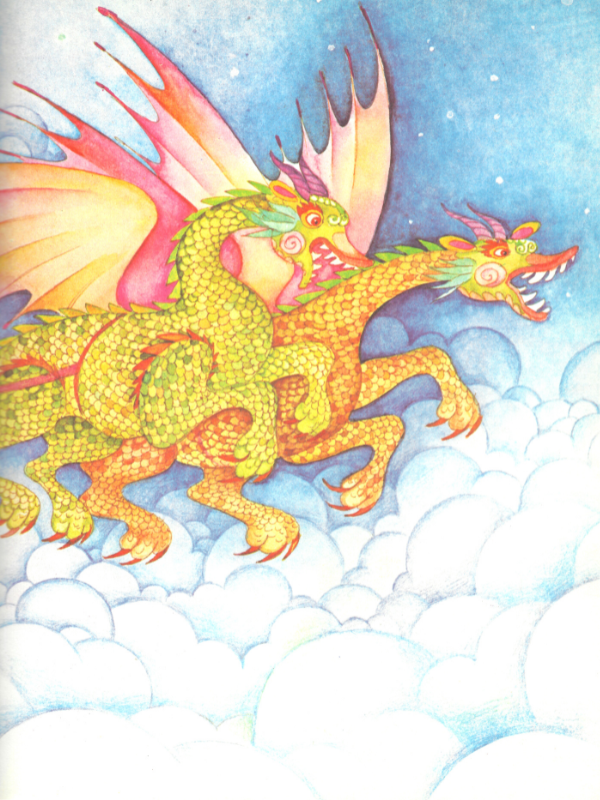
Fairy Tale Myth and Fantasy Books
Why choose our Vintage Fairytale, Myth and Fantasy books? Old Fairy Tale...
